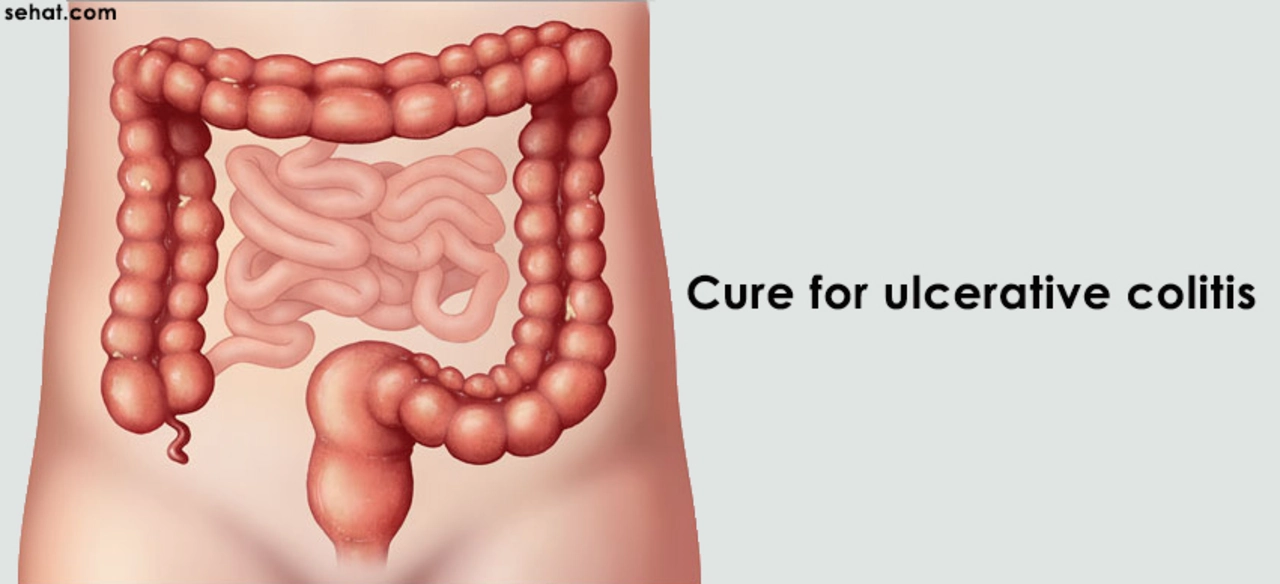Ulcerative colitis — what to watch for and how to manage it
If you’re dealing with recurring bloody diarrhea, cramps, urgent trips to the bathroom, or tiredness that drags you down, ulcerative colitis (UC) might be the cause. UC is inflammation of the colon’s inner lining. It usually comes in flares and quiet periods. The two big goals are stopping flares fast and keeping you in remission long-term.
Treatment options: practical and realistic
Doctors usually start with aminosalicylates (5-ASA) like mesalamine. These work well for mild to moderate disease and come as pills, enemas, or suppositories depending on where inflammation sits.
Short-term corticosteroids calm bad flares quickly, but they aren’t a long-term fix. If you need steroids often, ask about steroid-sparing options. That’s where immunomodulators (azathioprine, 6‑MP), biologics (anti‑TNF drugs like infliximab or adalimumab, anti‑integrin vedolizumab, IL‑12/23 blockers) and JAK inhibitors come in. They aim to control inflammation without chronic steroid use.
Sometimes surgery — removing the colon — becomes the safest choice when meds don’t work or complications develop. Surgery can stop colitis but carries trade-offs, so discuss risks, recovery, and life afterward with your team.
Whatever medicine you use, expect regular monitoring: blood tests, liver checks, and colonoscopy at intervals to watch for dysplasia or cancer. Vaccines and infection checks matter too, especially if you’re on immune-suppressing drugs.
Daily habits that actually help
There’s no single UC diet that works for everyone. During a flare, a low-residue (low-fiber) approach often eases symptoms. Between flares, keep a simple food diary so you can spot triggers — for some people spicy foods, caffeine, or dairy matter, for others they don’t.
Avoid NSAIDs when you can; they may aggravate inflammation. Stay hydrated and replace salts if diarrhea is heavy. If iron drops or you feel constantly tired, check iron levels — iron deficiency is common and treatable.
Mental stress can worsen symptoms for many people. Small habits help: consistent sleep, light exercise, and simple stress tools like breathing or short walks. Track your stools, meds, and anything new — this makes clinic visits far more useful.
Know when to act: go to urgent care or the ER if you have very high fever, severe belly pain, fainting or dizziness, heavy bleeding, or you can’t pass stool but you’re bloated. Those signs need immediate attention.
Want deeper reading? Check guides on steroid-sparing therapies, Prednisone alternatives, biologics, and practical drug advice. Use reliable sources and talk openly with your gastroenterologist — the right plan is the one that fits your life and keeps you well.

